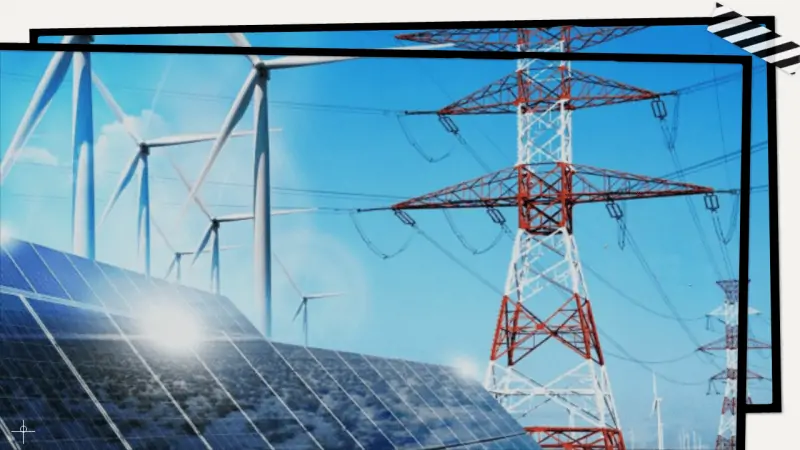
In a bid to mitigate the impact of blackouts and ensure uninterrupted services, City Power, Johannesburg’s primary electricity provider, is advocating for the decentralization of critical infrastructure. Bonolo Ramokhele, Chairperson of the Board at City Power, emphasized the urgency of this measure following recent disruptions that left Joburg residents grappling with water shortages due to a lightning strike.
Ramokhele stressed the necessity of removing critical infrastructure from reliance on the central power grid. Such a move, he argues, would bolster resilience against blackouts, enabling City Power to sustain operations even in the face of power failures.
Addressing the recent turmoil caused by the outage, Ramokhele remarked, “What we have done over and above dealing with the recent outage that caused havoc, is to say let us get critical infrastructure off the grid.”
South Africa’s energy landscape has long been marred by challenges, including insufficient generation capacity, aging infrastructure, and frequent blackouts. These issues have not only disrupted daily life but also hindered economic productivity and development efforts.
City Power’s proposal aligns with global trends towards decentralization and resilience in energy systems. By diversifying energy sources and reducing dependence on centralized grids, communities can better withstand disruptions and ensure the continuity of essential services.
Decentralization entails the establishment of localized power generation and distribution networks, often incorporating renewable energy sources like solar and wind. By harnessing these resources, cities like Johannesburg can reduce their carbon footprint while enhancing energy security.
The call for decentralization also underscores the need for proactive measures to address South Africa’s energy crisis. With the country heavily reliant on coal-fired power plants, transitioning towards cleaner and more sustainable alternatives is imperative for long-term energy security and environmental sustainability.
Furthermore, decentralization presents opportunities for job creation and local economic development. Investing in renewable energy infrastructure not only diversifies the energy mix but also stimulates growth in emerging industries such as solar panel manufacturing and installation.
However, the transition towards decentralized energy systems requires careful planning and investment. City Power acknowledges the challenges involved but remains committed to exploring innovative solutions to safeguard against future disruptions.
In addition to decentralization, City Power is exploring other strategies to enhance grid resilience and mitigate the impact of blackouts. This includes investments in smart grid technologies, energy storage solutions, and demand-side management initiatives.
Smart grids leverage advanced monitoring and control systems to optimize energy distribution, improve reliability, and facilitate real-time response to fluctuations in supply and demand. By integrating renewable energy sources and implementing demand-side measures such as load shedding, utilities can better manage grid operations and reduce the risk of system failures.
Energy storage technologies, such as batteries and pumped hydro storage, play a crucial role in buffering supply and demand imbalances, particularly in areas with intermittent renewable energy generation. These systems enable surplus energy to be stored during periods of low demand and discharged when needed, helping to stabilize the grid and enhance resilience.
Moreover, demand-side management programs encourage consumers to adjust their electricity usage in response to supply constraints. By incentivizing energy conservation and shifting consumption to off-peak hours, utilities can alleviate pressure on the grid during peak demand periods, reducing the likelihood of blackouts.
City Power’s efforts to bolster grid resilience and promote decentralized energy solutions are aligned with the broader objectives of South Africa’s energy transition. As the country strives to overcome its energy challenges and embrace a more sustainable future, collaboration between government, utilities, and the private sector will be essential to drive innovation and accelerate progress.
In conclusion, City Power’s call for the decentralization of critical infrastructure represents a proactive step towards enhancing energy resilience and mitigating the impact of blackouts in South Africa. By embracing renewable energy, smart grid technologies, and demand-side management strategies, cities can build more resilient and sustainable energy systems that benefit both present and future generations.
This website uses cookies.